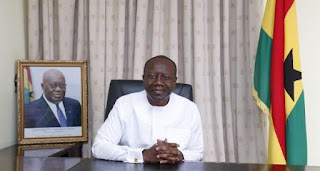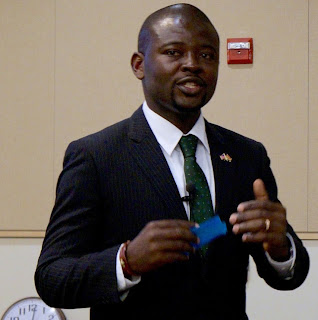Is Economics caving in on the altar of facts checking?
The first week of April 2019 was a significant and important period in Ghana’s political landscape. I say so, because, we saw within that period, the two main political parties descend into the realm of intellectual discourse on the challenges facing the Republic. I was particularly elated and at the same time puzzled. I was elated because, for a long while, our political space got engrossed in discussions that matter most to the ordinary Ghanaian. It was not about the shameful acts of hoodlums beautifully decorated as “vigilantes” seizing public toilet(s) or besieging district courts ostensibly to free their men who have been arranged before a lawfully constituted court for various crimes, or the beating up of senior party officials. Or, the bloody display of impudence which heralds the Ayewaso by-election after the painful demise of Hon. Agyarko. It was instead about discussions on the economy of Ghana; what has been achieved and what we can accomplish together as a people desirous ...

